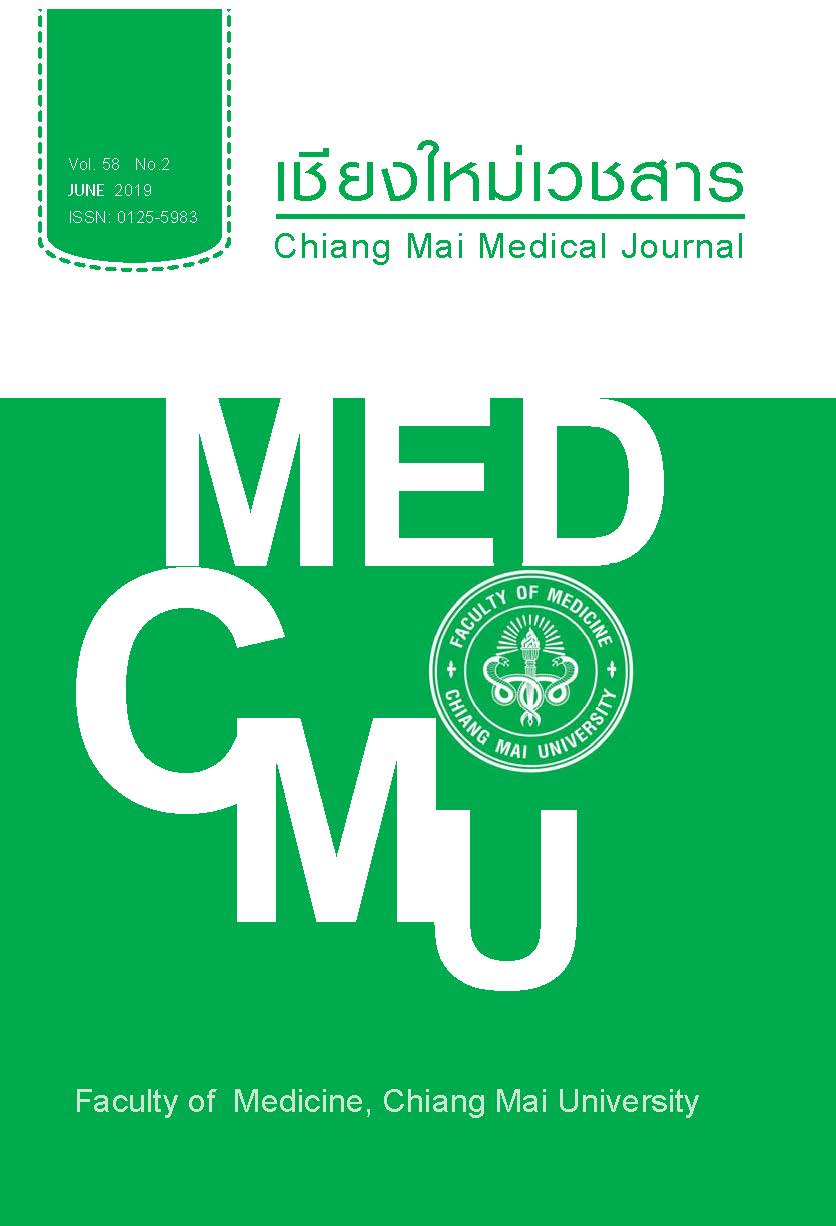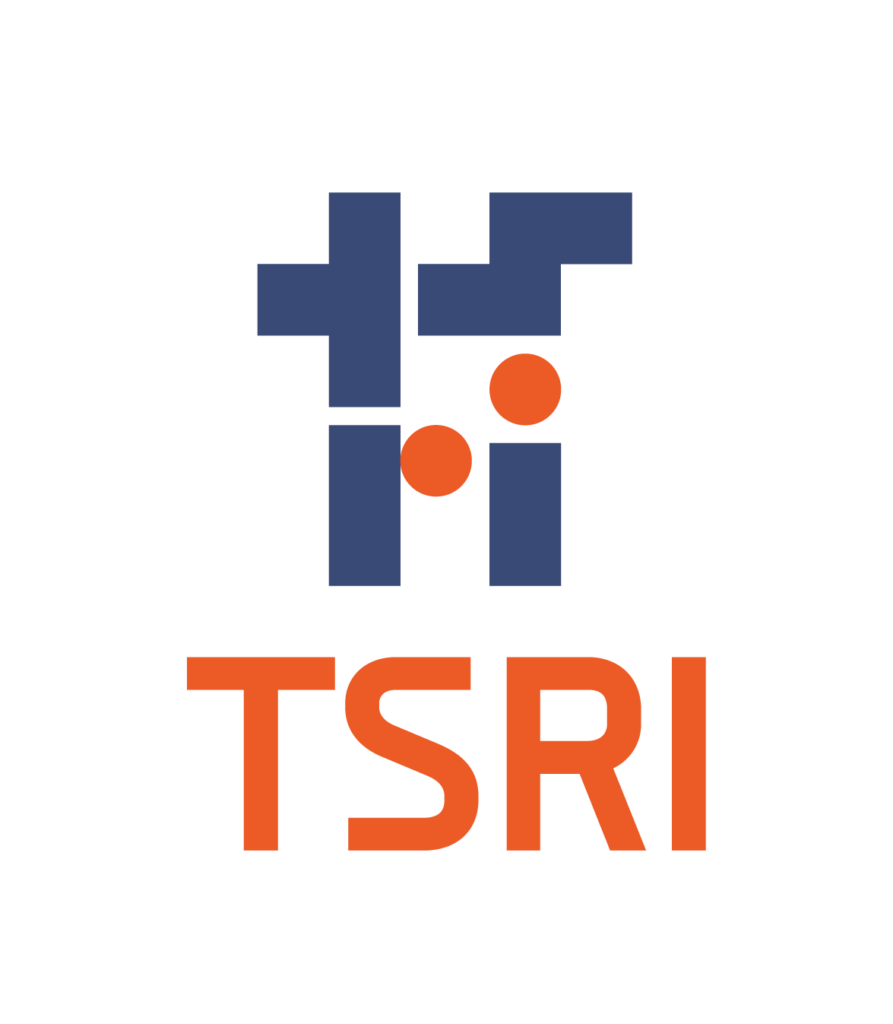Efficacy of dose modification of gefitinib after hepatotoxicity in late-line treatment of EGFR mutated advanced non-small cell lung cancer: A case report
Keywords:
gefitinib, hepatotoxicity, dose modificationAbstract
Targeted therapy with epidermal growth factor receptor tyrosine kinase inhibitors (EGFR TKI) is a standard treatment for advanced epidermal growth factor receptor (EGFR) mutated non-small cell lung cancer. There is information evidence demonstrating the efficacy of progression-free survival in either both first line treatment or and second-line treatment. However, there is only limited information on the efficacy of treatment and dose modification on the occurrence of medication side effects, especially in late-line treatment patients, and most is limited to case reports rather than clinical studies. In this study we describe the use of gefitinib in late-line treatment where the gefitinib dosage was adjusted reduced to 250 mg every 2 days after patients had developed hepatitis due to gefitinib. There was a 21 week progression free interval which included a 13 week progression-free interval of following dose modification
References
2. Fukuoka M,Wu YL,Thongprasert S, Sunpaweravong P,Leong SS, Sriuranpong V, et al. Biomarker analyses and final overall survival results from a phase III, randomized, open-label, first-line study of gefitinib versus carboplatin/paclitaxel in clinically selected patients with advanced non–small-cell lung cancer in asia (IPASS). J Clin Oncol. 2011;29:2866-74.
3. Han JY, Park K, Kim SW, Lee DH, Kim HY, Kim HT, et al. First-signal: first-line single-agent iressa versus gemcitabine and cisplatin trial in never-smokers with adenocarcinoma of the lung. J Clin Oncol. 2012;30: 1122–8.
4. Mitsudomi T, Morita S, Yatabe Y, Negoro S, Okamoto I, Tsurutani J, et al. Gefitinib versus cisplatin plus docetaxel in patients with non-small-cell lung cancer harbouring mutations of the epidermal growth factor receptor (WJTOG3405): an open label, randomized phase 3 trial. Lancet Oncol. 2010;11:121-8.
5. Inoue A, Kobayashi K, Maemondo M, Sugawara S,
Oizumi S, Isobe H, et al. Updated overall survival results from a randomized phase III trial comparing gefitinib with carboplatin–paclitaxel for chemo-naïve non-small cell lung cancer with sensitive EGFR gene mutations (NEJ002). Annals of Oncology. 2013;24:54-9.
6. Rosell R, Carcereny E, Gervais R, Alain V, Bartomeu M, Enriqueta F, et al. Erlotinib versus standard chemotherapy as first-line treatment for European patients with advanced EGFR mutation-positive non-small-cell lung cancer (EURTAC): a multicentre, open-label, randomised phase 3 trial. Lancet Oncol. 2012;13:239-46.
7. Zhou C, Wu YL, Chen G, Jifeng F, Xiao-Qing L, Changli W, et al. Erlotinib versus chemotherapy as
first-line treatment for patients with advanced EGFR mutation-positive non-small-cell lung cancer (OPTIMAL, CTONG-0802): a multicentre, open-label, randomised, phase 3 study. Lancet Oncol. 2011;12:735-42.
8. Sequist LV, Yang JC, Yamamoto N, O’Byrne K, Hirsh V, Mok T, et al. Phase III Study of Afatinib or Cisplatin Plus Pemetrexed in Patients With Metastatic Lung Adenocarcinoma With EGFR Mutations. J Clin Oncol. 2013;31:3327-34.
9. Mok TS, Wu YL, Thongprasert S, Yang CH, Chu DT, Saijo N, et al. Gefitinib or carboplatin–paclitaxel in pulmonary adenocarcinoma. N Engl J Med. 2009;361:947-57.
10. Frances AS, José RP, Tudor C, Eng HT, Vera H, Thongprasert S, et al. Erlotinib in previously treated non–small-cell lung cancer. N Engl J Med. 2005; 353:123-32.
11. Shao YY, Shau WY, Lin ZZ, Chen HM, Kuo R, Yang JC, et al. Comparison of gefitinib and erlotinib efficacies as third-line therapy for advanced non-small-cell lung cancer. Eur J Cancer. 2013;49:106-14.
12. Nishie K, Kawaguchi T, Tamiya A, Mimori T, Takeuchi N, Matsuda Y, et al. Epidermal growth factor receptor tyrosine kinase inhibitors beyond progressive disease: a retrospective analysis for Japanese patients with activating EGFR mutations. J Thorac Oncol. 2012;7:1722-7.
13. Wang J, Wu Y, Dong M, He X, Wang Z, Li J, et al. Observation of hepatotoxicity during long-term gefitinib administration in patients with non-small-cell lung cancer. Anticancer Drugs. 2016;27:245-50.
14. Chen X, Pan Y, Zhang S, Chen D, Yang S, Li X, et al. Rechallenge with gefitinib following severe drug‑induced hepatotoxicity in a patient with advanced non‑small cell lung cancer: A case report and literature review. Oncol Lett. 2014;7:878-80.
15. Ho C, Davis J, Anderson F, Bebb G, Murray N. Side effects related to cancer treatment: CASE1. Hepatitis following treatment with gefitinib. J Clin Oncol. 2005;23: 8531-33.
16. Xin S, Zhao Y, Wang X, Huang Y, Zhang J, Guo Y, et al. The dissociation of gefitinib trough concentration and clinical outcome in NSCLC patients with EGFR sensitive mutations. Sci Rep. 2015;31:12675.
Downloads
Published
How to Cite
Issue
Section
License

This work is licensed under a Creative Commons Attribution-NonCommercial-NoDerivatives 4.0 International License.










